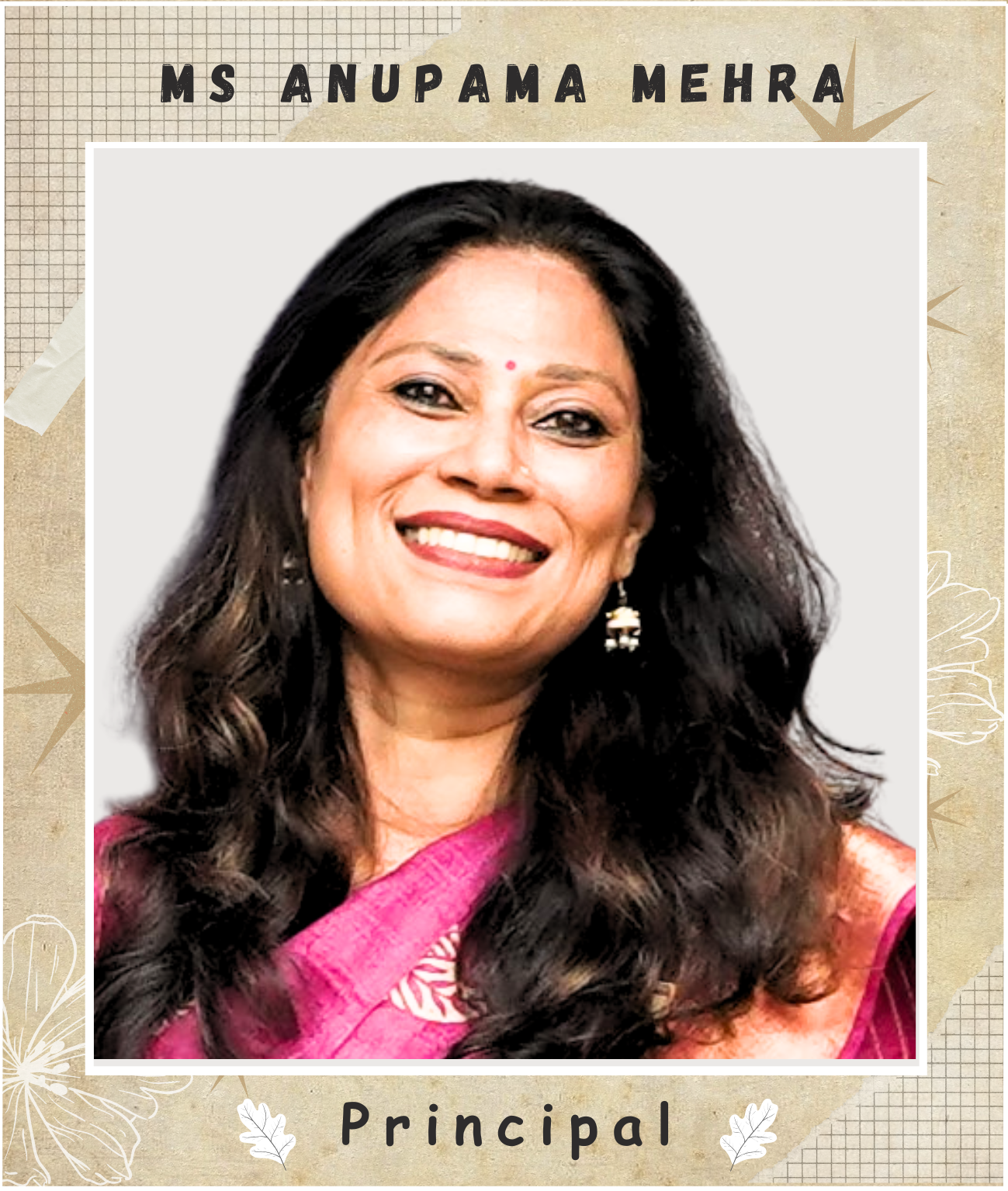National Education Day: Maulana Azad’s Enduring Vision
- Anupama Mehra

- 5 days ago
- 4 min read
National Education Day commemorates the birth anniversary of Maulana Abul Kalam Azad, India’s first Education Minister, who envisioned education as the foundation for democracy, equality, and social progress. His belief that education is the true driver of social change remains profoundly relevant in today’s India. His life and achievements are a lesson in humility, compassion and kindness that the current generation can learn from. We teach life skills as a well-entrenched subject in our schools today through experiences, visits and storytelling. These very values are somehow lost as our children step out into the world to study further, earn livelihoods and travel across the globe. But isn’t that the true purpose of education?
1. Access and Equity in Education - Even after decades of progress, gaps remain between privileged and underserved learners, urban vs. rural, private vs. government schools, and those with vs. without digital access. The access to facilities in many schools still remains a challenge. Basic infrastructure, clean washrooms, sports and play area supplemented by trained teachers still remains an elusive dream in many states. There are multiple ways in which schools can contribute to bridging these divides by:
Offering inclusive admissions and scholarships for disadvantaged children.
Partnering with NGOs for remedial and after-school programs.
Creating peer-learning opportunities that mix diverse groups of students.
In our school, we have a healthy mix of students from diverse socio-economic backgrounds, children with diverse & special abilities and students with parents from a varied parent professional background. We would attribute this to the fact that we are a school under the aegis of the Navy Education Society and our management comprises of men and women in uniform. For the armed forces, the entire country is our home and all children who study with us are given equal opportunities.
2. Foundational Literacy and Numeracy under NEP 2020 - All schools today are in the process of implementing the NEP and are at different stages of implementation. Primary schools are central to ensuring that no child is left behind. The following are non-negotiable for all affiliated schools:
Focus on activity-based and play-based learning to build strong literacy and numeracy skills.
Identify and support struggling learners early through continuous assessment.
Involve parents and communities in reinforcing basic learning outside school. After all, the child spends maximum time at home. Hand holds parents to help children learn. Parents need coaching and the school has to step in to help.
3. Balancing Tradition with Modernity – Maulana Abul Kalam Azad advocated blending India’s cultural heritage with modern scientific learning. Today’s schools can achieve this by:
Teaching values, languages, and art forms alongside STEM and global competencies. Tolerance and respect for other cultures without judgement is a true lifeskill. Only schools can strengthen this since they have a blend of a variety of students.
Encouraging festivals, local history, and folk traditions while also preparing students for global careers.
Promoting bilingual or multilingual education to strengthen identity and global communication skills.
4. Technology and Equity - The rise of digital tools risks widening divides. To ensure equity:
Schools must provide shared digital infrastructure (labs, tablets, community libraries).
Teachers should blend low-tech and high-tech methods to ensure inclusivity.
Governments and private sector partnerships should expand affordable internet and devices to rural and underserved regions.
5. Beyond Academics: Preparing Responsible Citizens - True education goes beyond exam results. Schools should:
Foster empathy, social responsibility, and teamwork through community service.
Integrate life skills, environmental awareness, and civic education into curricula.
Encourage dialogue, debate, and critical thinking to nurture democratic values.
6. Innovative Practices in Schools - Many schools today embody the spirit of National Education Day:
Peer-to-peer mentoring programs where older students support younger learners.
Blended classrooms using both chalkboard and digital platforms.
Value education sessions focusing on inclusivity, kindness, and sustainability.
Skill-based clubs (robotics, theatre, environment) that empower children to express themselves holistically.
While we enumerate numerous steps to change the school environment, the role of school culture and leadership in building respect and inclusivity cannot be negated. It is both foundational and transformative. Together, they shape the daily experiences of students, staff, and the wider school community. The values, beliefs, traditions, and norms that shape interactions and behaviour in a school determine the culture code. A positive, inclusive culture lays the groundwork for respect and belonging. Setting behavioural expectations & celebrating diversity promotes belonging, encourages empathy & understanding and reinforces equity.
School leaders, principals, administrators, department heads, and teacher leaders play a pivotal role in shaping and sustaining culture. Modeling inclusive behaviour, implementing inclusive policies & supporting professional development, leaders create opportunities for teachers and students from all backgrounds to contribute to decision-making.
Creating Future-Ready Citizens
Respect and inclusivity don’t happen by chance. They require intentional leadership and a nurturing school culture. When both are aligned, schools become safe, engaging, and empowering spaces for all students and staff.
Maulana Azad’s vision—education as a bridge between tradition and modernity, privilege and deprivation, knowledge and responsibility—remains a guiding light. On National Education Day, schools must recommit themselves not just to academic excellence but to shaping responsible, empathetic, and future-ready citizens.



Comments